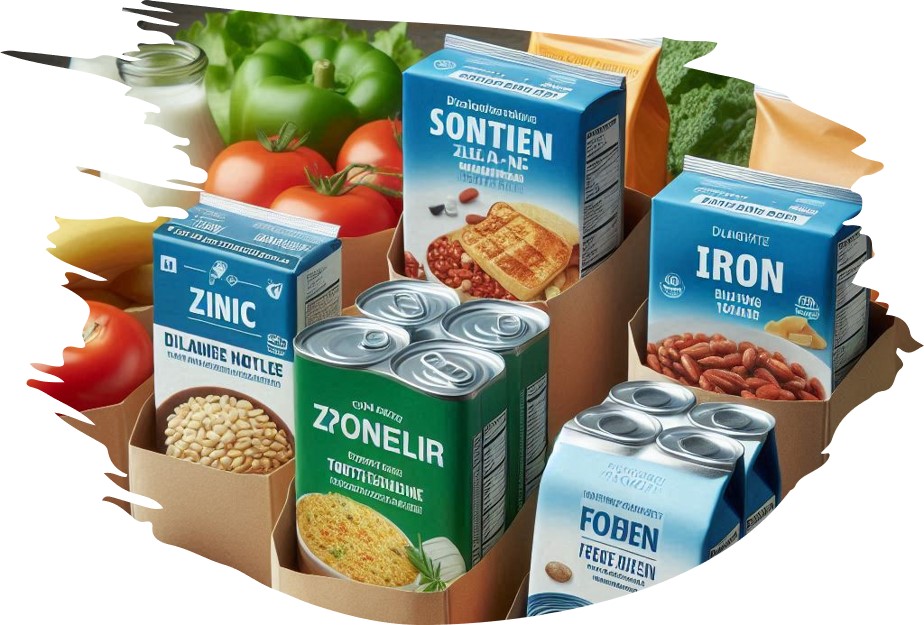From My Village to Your Table: It All Started with Dirt
I didn’t learn farming from a how-to manual or a YouTube video with a guy in overalls rambling about compost. I learned it the old-fashioned way—barefoot in the fields, mud clinging to my knees, getting scolded for stomping soil through the house. That’s where I witnessed how everything’s supposed to click. Healthy dirt fuels hearty plants. Those plants nourish people. People swap food. Everyone’s happy—until they’re not.
Then—gradually, like a pot simmering to a boil while you’re not looking—everything twisted. Farmers started dumping chemicals into the ground like they were auditioning for a science fiction disaster.
And city folks?
They panicked over what was actually landing on their dinner plates. We lost touch with where our food came from. Worse, we stopped giving a damn.
But deep down, we all felt it: we needed a better way. Something simpler. Something that wouldn’t bulldoze the planet or the people on it.
A Little Rethink for a Giant Mess
A few years back, our cotton farmers started drowning. Crops wilted. The price of pesticides mugged them blind. It was brutal. And I say that as someone who worked in government, where brutal is just another Tuesday.
So, we flipped the script. Not a revolution. Just... less madness.
We started nudging farmers, “What if you hit pause before grabbing the spray? What if the bugs just duked it out themselves?”
It wasn’t witchcraft. It was common sense. Then we handed them something new: a biopesticide brewed from plants they already had lying around. Local, dirt-cheap, and non-toxic. Might as well have been handing out treasure.
Turns Out, Nature Still Works
And this is where it gets almost ridiculous: It actually worked.
Yields enhanced.
Costs sank.
Bugs brawled bugs.
Nature leaned in and practically shouted, “Guys, I’ve got this.”
And it wasn’t just cotton.
Suddenly, we saw that if you back up the land, the land backs you. Farmers pocketed more. Villages exhaled. The economy even perked up, like it snagged a strong cup of chai for once.
From These Fields to Your Fridge
That whole shakeup lit a fire in me.
I wanted to carry that same trust straight to your kitchen.
That’s why I launched PrefOrganic.
It’s not just a website.
It’s a quiet revolt.
All I ask is this: when you’ve got the option, grab the organic stuff. I’m not asking you to churn butter or herd goats. Just make a few better calls where it counts—tiny revolutions in the grocery aisle.
You should know where your food was born, that it wasn’t whipped up in a petri dish. That someone, somewhere, actually gave a damn while growing it. That it sprouted from earth that still qualifies as “soil” and not “industrial residue.”
You deserve food that’s clean.
Honest.
That tastes like it came from somewhere real.
The Goal: Organic That Actually Means Something
My goal?
Make “organic” in Pakistan actually hit home.
Not some fuzzy sticker slapped on a label. But something you can count on—because it’s tested, verified, and maybe even raised by someone who shrugs and says, “Let’s give the bugs a minute.”
We’re pushing for real standards and actual accountability in organic farming. Because if someone’s busting their back to grow food the right way, they should get paid right. And if you’re paying more, you should taste the difference.
This isn’t a side gig.
This is my whole mission.
And real change?
It demands systems. Those built on health, balance, and not nuking everything with chemicals the second a beetle shows up.
Thanks for scrolling so far.
Every time you choose better food, you back a farmer. You heal the soil. You help your body—which, let’s be honest, is already fighting a war of its own.
Let’s grow and eat something real—together.
Saqib Ali Ateel
What's New?
-
Organic foods, human health and the environment have shared strings
The global market size of organic foods is calculated at USD 228.35 billion in 2024 and can reach USD 658.38 billion by 2034, at a CAGR of 11.17%. -
What are fortified foods?
What are fortified foods? How are they different from staple and common everyday foods? -
Baby Organic Food: “To be, or not to be, that is the question”
Baby organic food is free from insecticides, weedicides and residues of synthetic fertilizers thus much safer for babies


